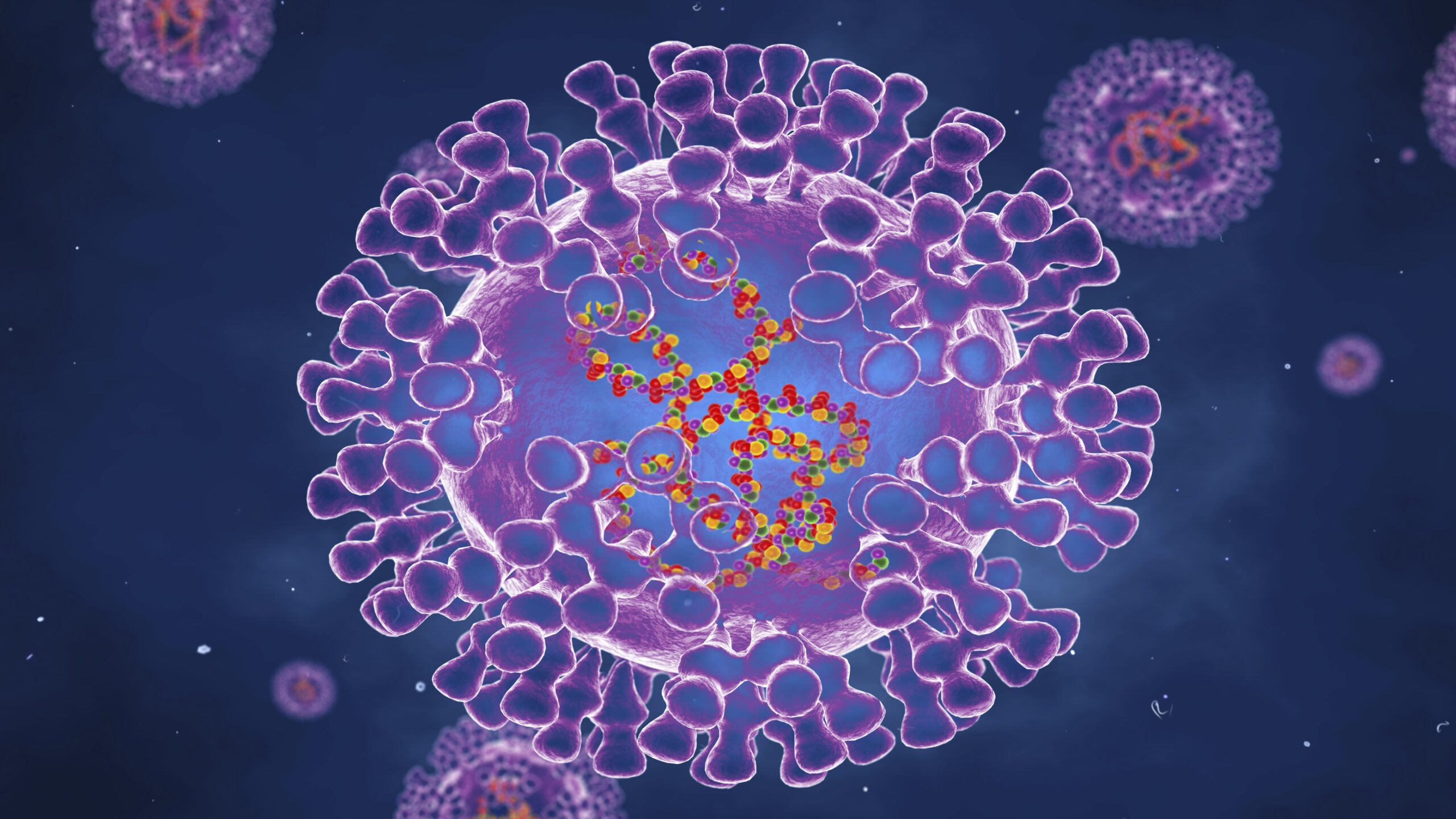KAMPALA– The Ministry of Health has said Uganda is yet to record a case of Monkeypox but says Ugandans must be cautious as the disease has been recorded in 23 non-endemic countries globally and at least eight endemic countries within the African tropical belt that covers Ugandan as well.
“To- date no case of Monkeypox has been registered in Uganda. Eight endemic countries in Africa including DRC have reported an outbreak of Monkey Pox,” Dr. Henry G.Mwebesa, the Director General Health Services.
In a press statement, Mwebesa has urged the general public to remain vigilant and report any suspected patients to the nearest health workers or the Ministry.
He said the Ministry, working with partners, is closely monitoring the evolving situation of the outbreak of the disease in the different parts of the world.
To avoid catching the disease, Mwebesa has advised the public to avoid direct physical contact with an infected person, including avoiding sexual contact with an infected person.
He added those conformed as infected with Monkeypox should isolate themselves at home or in an appropriate facility until the scabs have fallen off.
He said Monkeypox patients must abstain from sex, including oral sex, adding that during this period, patients should be given supportive medical care to ease symptoms such as pain or itchiness.
He urged the public to test for Monkeypox in case one develops a rash, fever,feeling of discomfort.
Monkey Pox is caused by a virus of the same name that is closely related to smallpox, health experts say.
Monkey Pox was first discovered in 1958 when outbreaks of a disease causing a pox were discovered in monkeys held in captivity for research. It was first seen in humans in 1970 in the DRC and it is now endemic in Central and West Africa.
Symptoms
Symptoms for Monkeypox normally appear between five and 13 days after infection, although it can take up to 21 days for them to appear. Early symptoms include fever, headache, muscle ache, backache, swollen lymph nodes, chills and exhaustion.
Once fever has appeared, a rash tends to erupt, concentrated on the face, hands and feet before spreading to other areas of the body. It can spread to the inside of the mouth, the genitals and the cornea. The rash progresses until it forms a scab which falls off, and in some cases large sections of skin can drop off the body.
Although symptoms often ease within a month, one in ten cases can be fatal. Children are particularly susceptible.
WHO intervention
A global research consultation convened days ago by the World Health Organisation [WHO] R&D Blueprint gathered over 500 experts and more than 2000 participants to discuss knowledge gaps and research priorities for monkeypox, in view of the recent outbreaks of the disease in both endemic and non-endemic countries.
Researchers and high-level experts from all over the world met virtually for two days to review the available evidence on the epidemiology of the virus; its transmission dynamics.
They also discussed the clinical characteristics; one health research; community engagement; and countermeasures for managing the disease, including clinical care, treatments, and vaccines.
They agreed that effective countermeasures should be made available based on where the need was greatest.
Participants agreed that strengthened collaboration among researchers in endemic countries, who have a wealth of experience and data on the disease, along with researchers from other countries, would ensure that scientific knowledge advances more quickly.
Experts underlined the need for expedited studies to better understand the disease epidemiology, its clinical consequences, and the role of various modes of transmission.
In addition, research needs were highlighted such as; comprehensive One Health approach to understand animal-to-human transmission and animal reservoirs; development and evaluation of better diagnostic tools that can be available around the world.
Other areas identified to fight the disease were; improved approaches to communicate and engage communities in affected areas; studies to optimize supportive clinical care; documentation of the best control and treatment practices; and prompt and transparent communication of data and scientific evidence.
Experts also emphasised the need for clinical studies of vaccines and therapeutics to better document their efficacy and understand how to use them in this and future outbreaks.
They also called for implementing without delay public health activities such as communicating prevention information, enhanced disease surveillance, contact tracing, isolation of cases and optimized care of people with the virus, should be used to limit spread and help the people affected, no matter where they are.
This consultation is part of a range of WHO activities in response to this multi-country outbreak.
https://thecooperator.news/health-workers-charged-over-forgery-of-vaccination-cards/
Buy your copy of theCooperator magazine from one of our countrywide vending points or an e-copy on emag.thecooperator.news
